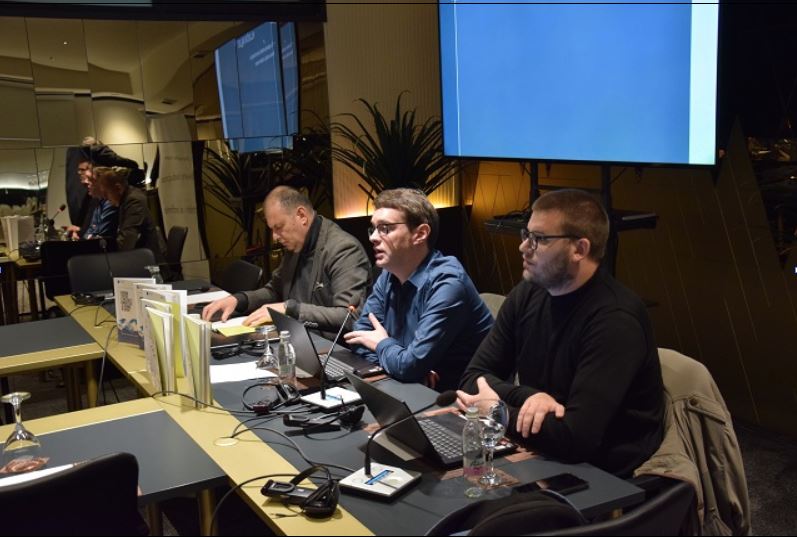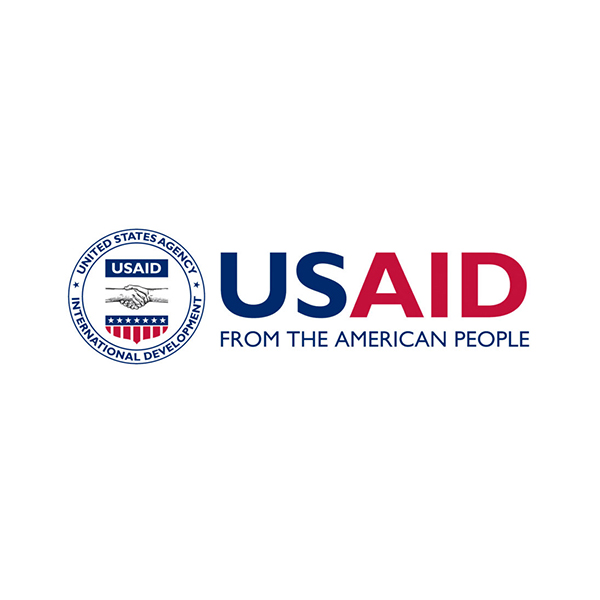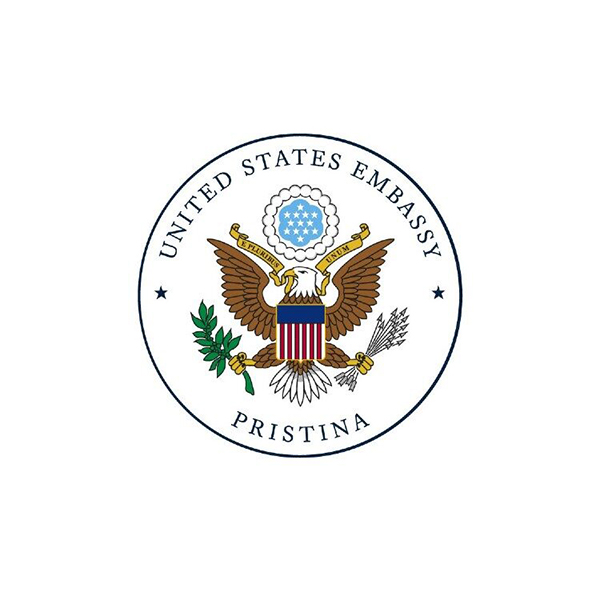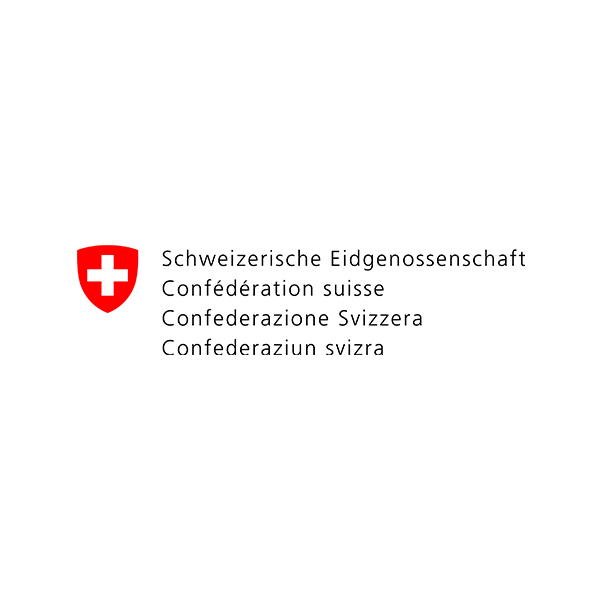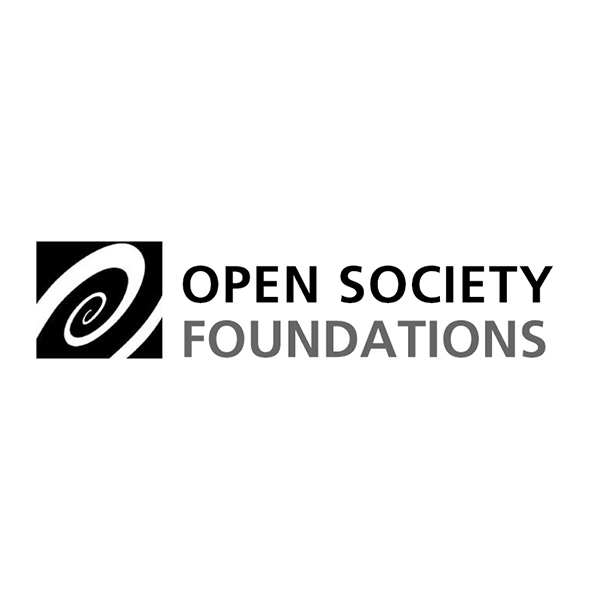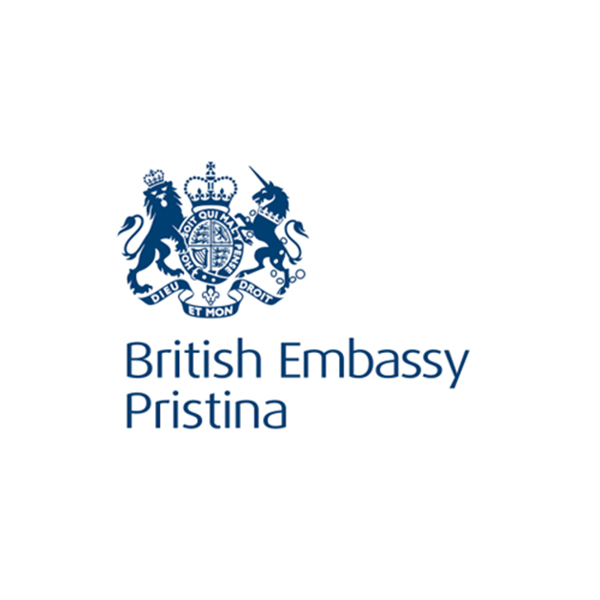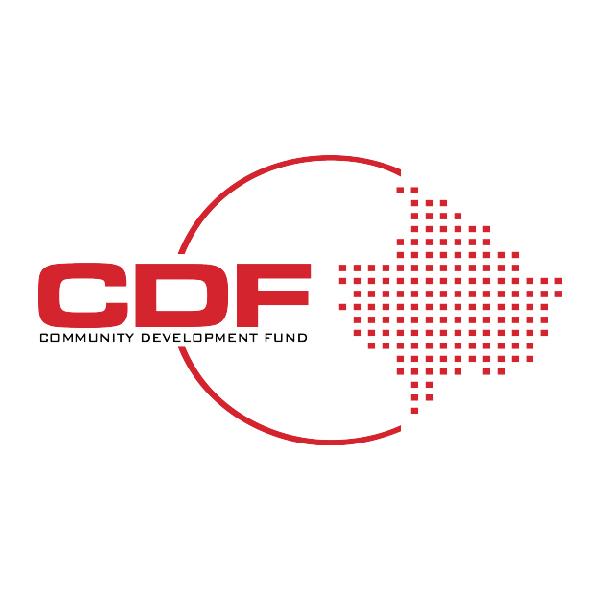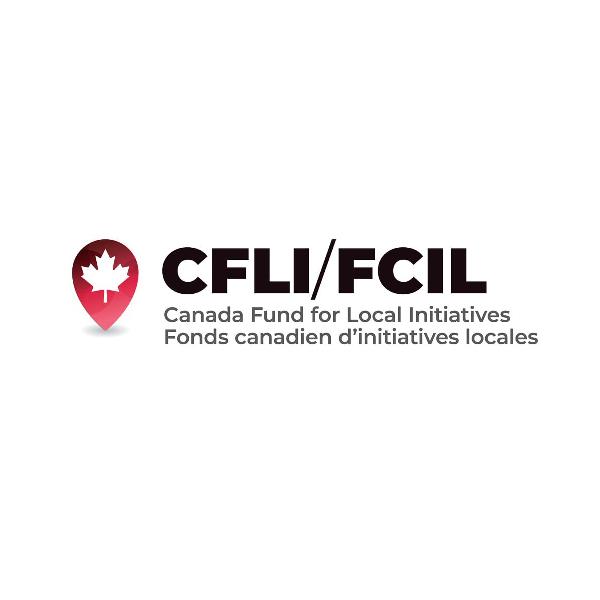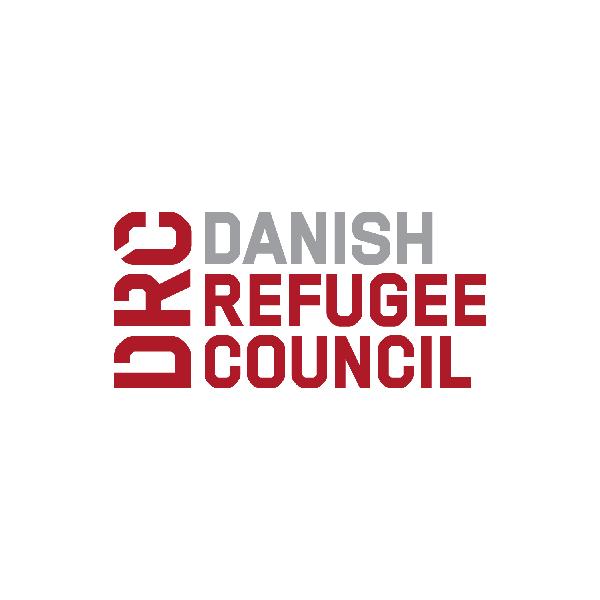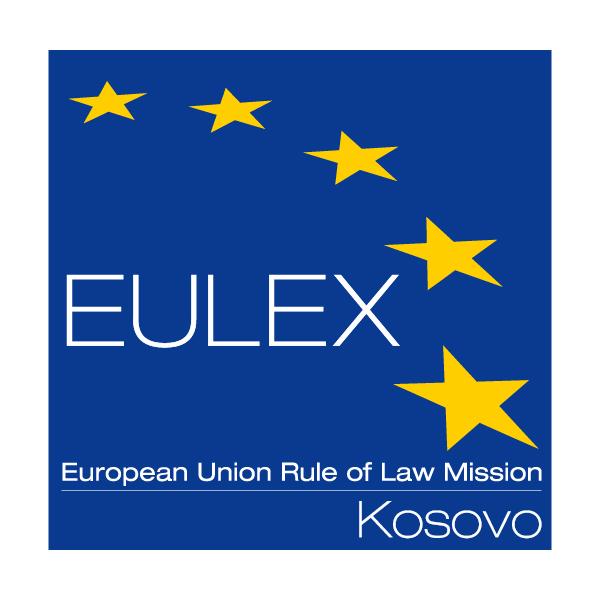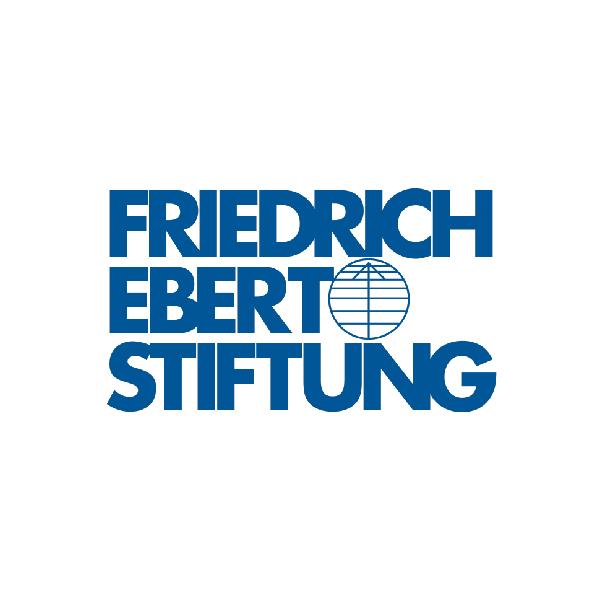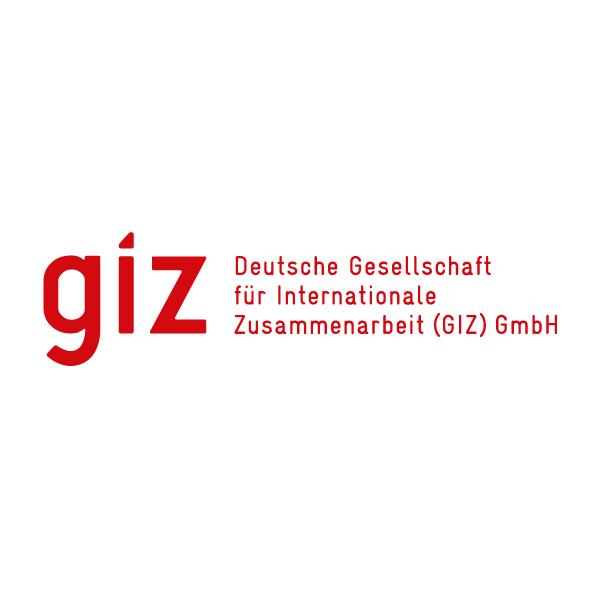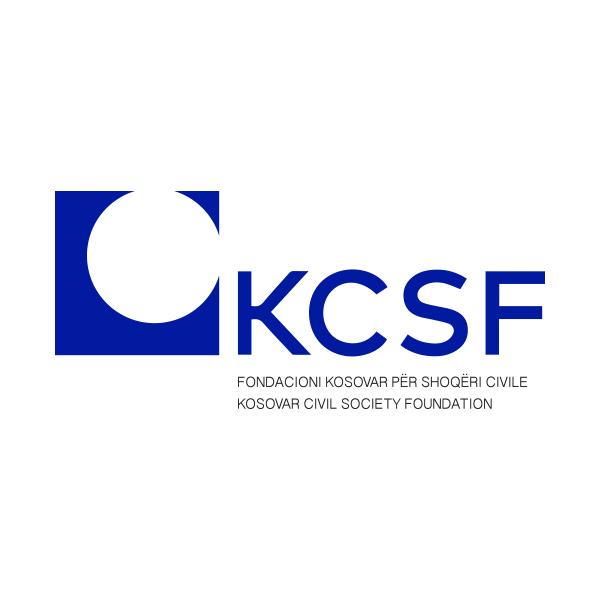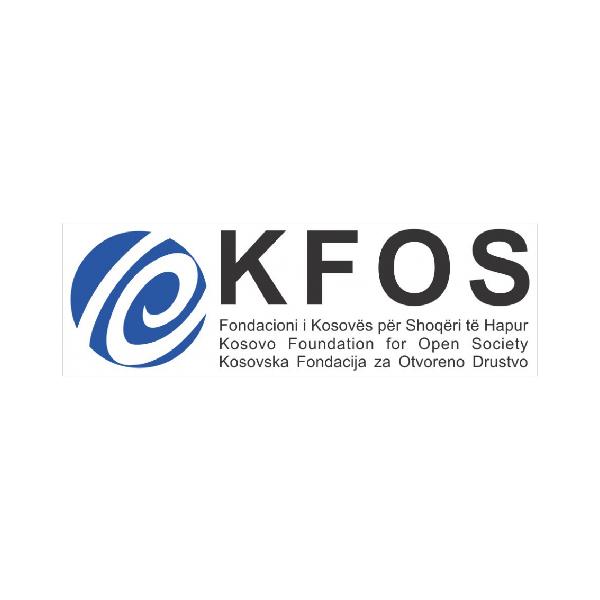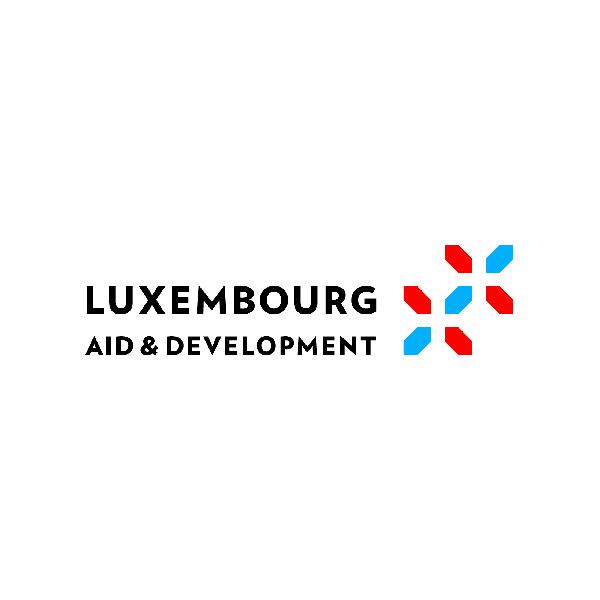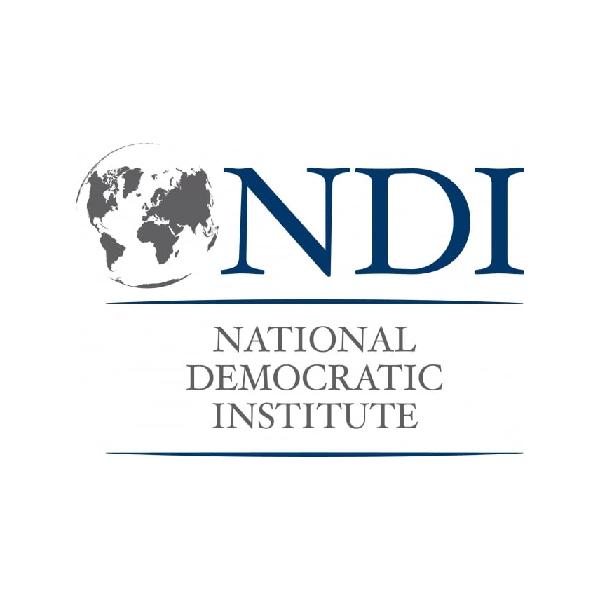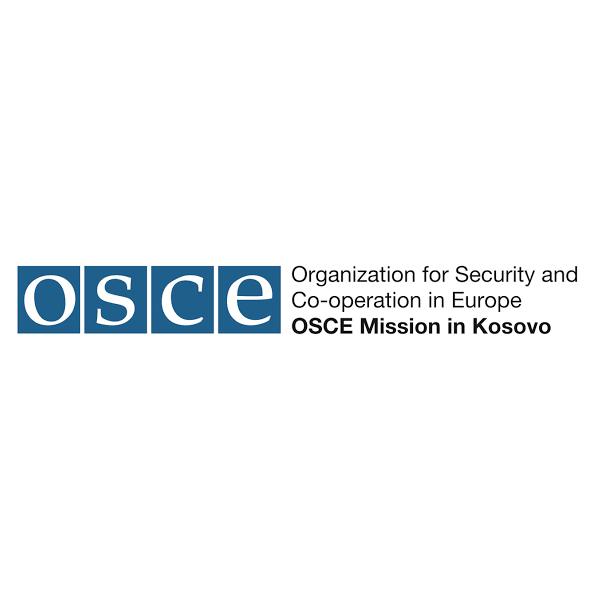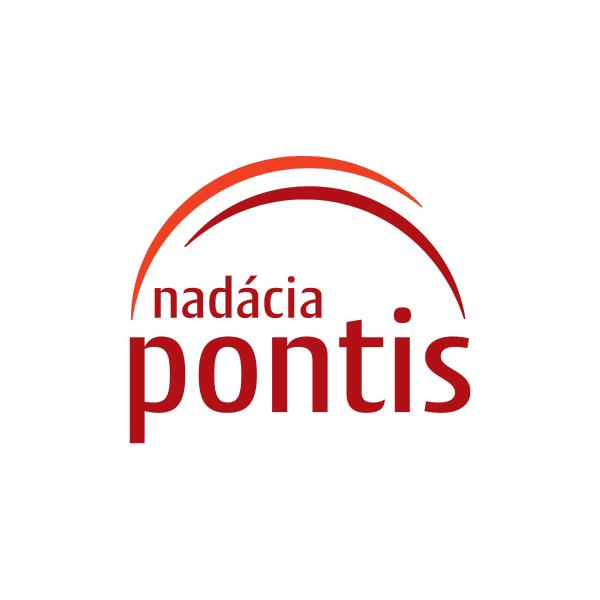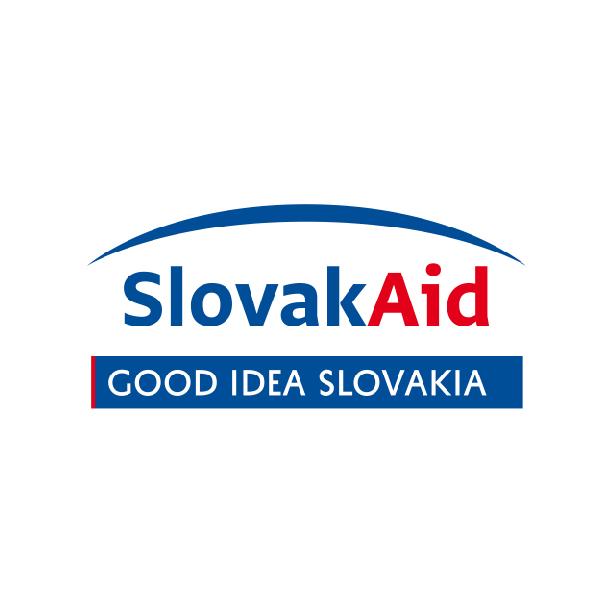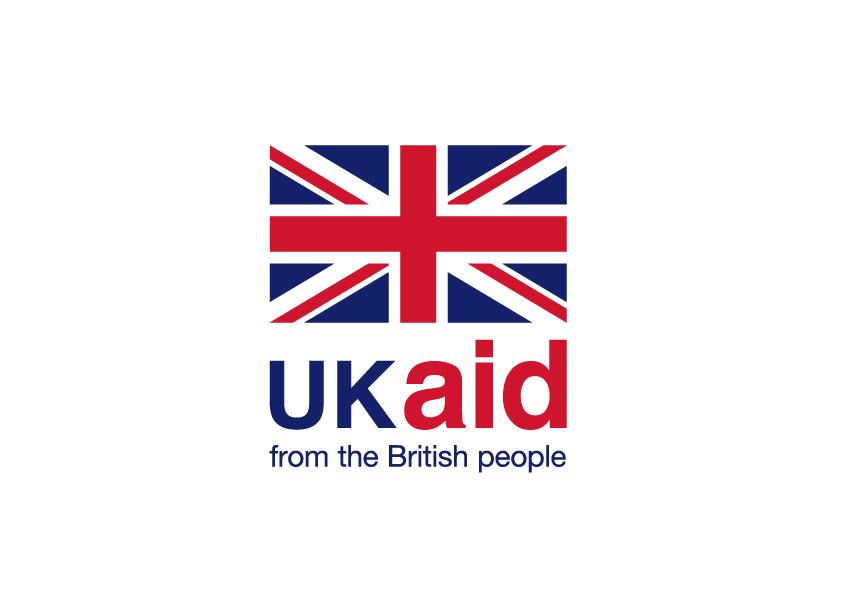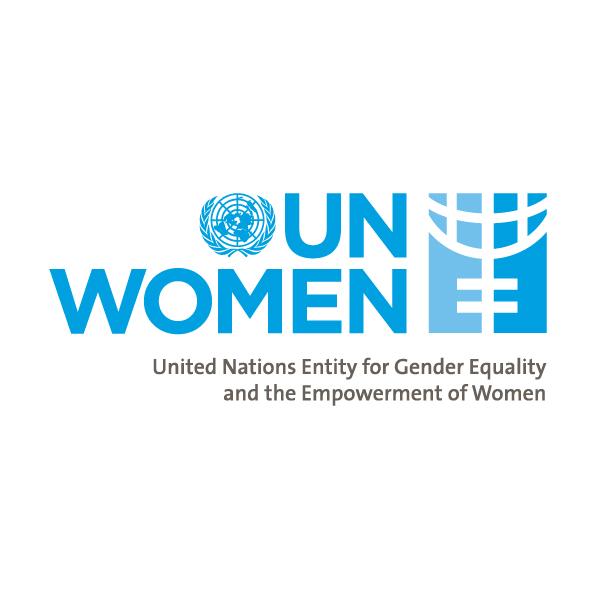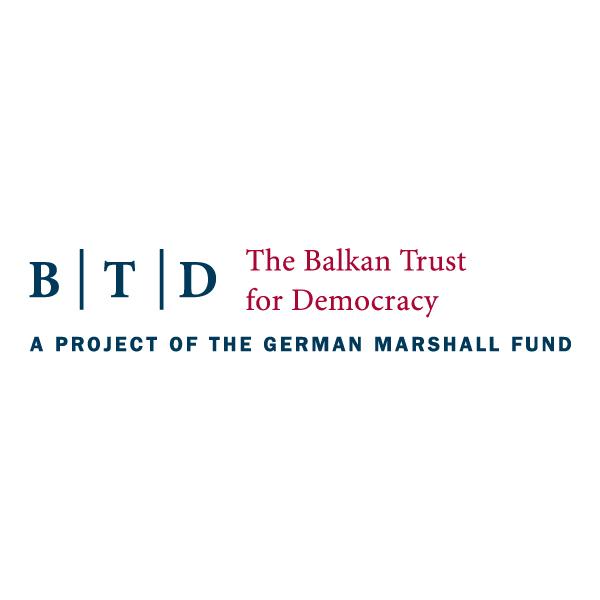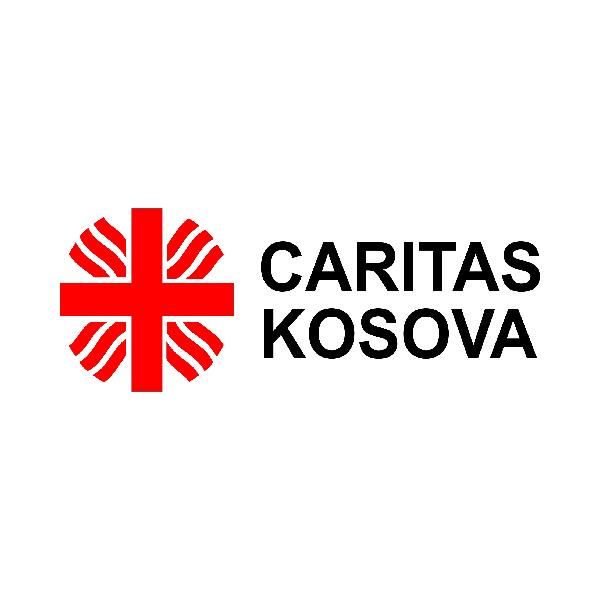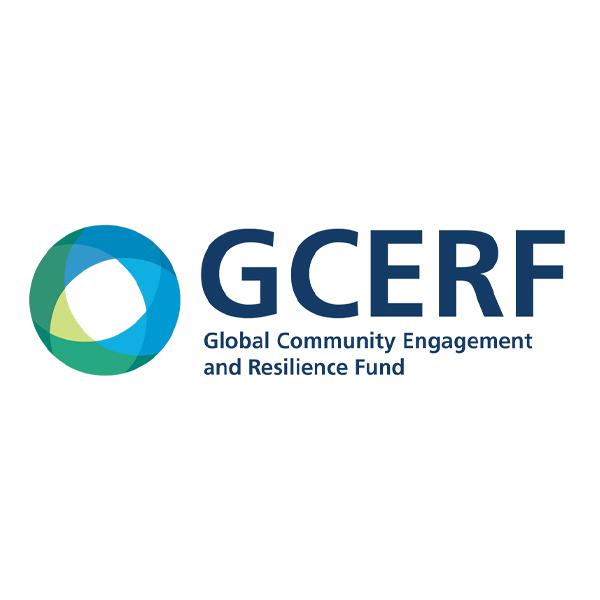On November 28, 2022, NGO Aktiv presented the publication “Assessment of the status of rights of non-majority communities in Kosovo” in Pristina, which analyzes the status of non-majority rights in Kosovo for the year 2021, the situation on the ground, expectations and perspectives of the communities.
The report follows the situation in the communities of Kosovo Serbs, Bosniaks, Turks, Roma, Ashkali, Egyptians and Gorani, as well as the problems and interests of the less numerous non-majority communities – Jews, Croats and Montenegrins.
The goal of the publication is to shed light on the perspective of ordinary citizens, point out the problems they face daily or periodically, and emphasize the interests that they believe decision makers should take into account in the shortest possible period.
Through direct contact (focus groups and interviews) and data analysis, conclusions were reached about the situation in numerous areas of life such as language rights, access to services, cultural and religious heritage, security, property rights and return. The degree of application of laws regulating the rights of communities was also determined.
NGO Aktiv announces that the most noticeable was the absence of changes, with the fact that the situation worsened in many aspects during 2021, due to unresolved institutional deficiencies.
“When it comes to the details of everyday institutional life, the situation has remained quite unchanged, in the sense that the same degree of non-implementation, for example of the Law on the Use of Languages during 2020, was recorded in 2021 as well. Access to basic services continued to be a challenge, especially for those citizens living in smaller, more isolated communities. Long-term solutions for issues such as freedom of movement, access to personal documents and protection of cultural heritage are still a challenge and are often colored by political attitudes and posturing”, says NGO Aktiv.
This research showed that the issue of language rights was still one of the key challenges faced by all non-majority communities in 2021. What the Serbian community in particular assessed as a negative influence on local relations was the public rhetoric of the heads of institutions, which was characterized by numerous accusations directed against Serbia.
Especially in the Serbian community, it was pointed out that security is getting worse every year. In the community of Turks, there were offensive messages on social networks, while among the Roma, Ashkali and Egyptians there were violent outbursts and continued discrimination and stigmatization.
The worsening economic climate due to the COVID-19 pandemic has had a particularly negative impact on members of non-majority communities, who are additionally threatened by waves of layoffs. Although it is evident that in 2021, non-majority communities were generally well represented in higher positions of government, dissatisfaction among members of non-majority communities regarding the effectiveness of their political representation was recorded.
The research showed that the provision of services to non-majority, vulnerable and communities living in remote settlements during 2021 was one of the key challenges during the duration of the COVID-19 pandemic.
“Obstacles and problems that citizens of these social categories faced in the pre-pandemic period increased during 2020 and 2021, thus making access to the most necessary services significantly more difficult,” the report says.
An extremely low degree of dynamics of the process of return of displaced persons to Kosovo is still noted. Members of the Roma, Ashkali and Egyptian communities encountered the problem of access to personal documents, education and services. While the case of the return of Serbian citizen Dragica Gašić to her native Djakovica was accompanied by great challenges, such as intimidation and burglary.
This publication also provides recommendations for the key interests of each of the non-majority communities in Kosovo.
“By pointing out the obstacles faced by members of non-majority communities, we aim to stimulate the reaction of central and local institutions, so that they take steps to improve the position of all citizens”, says the NGO Aktiv.
The publication is supported by the National Endowment for Democracy (NED).
The publication is available on our website in three languages, in Serbian, Albanian and English.


